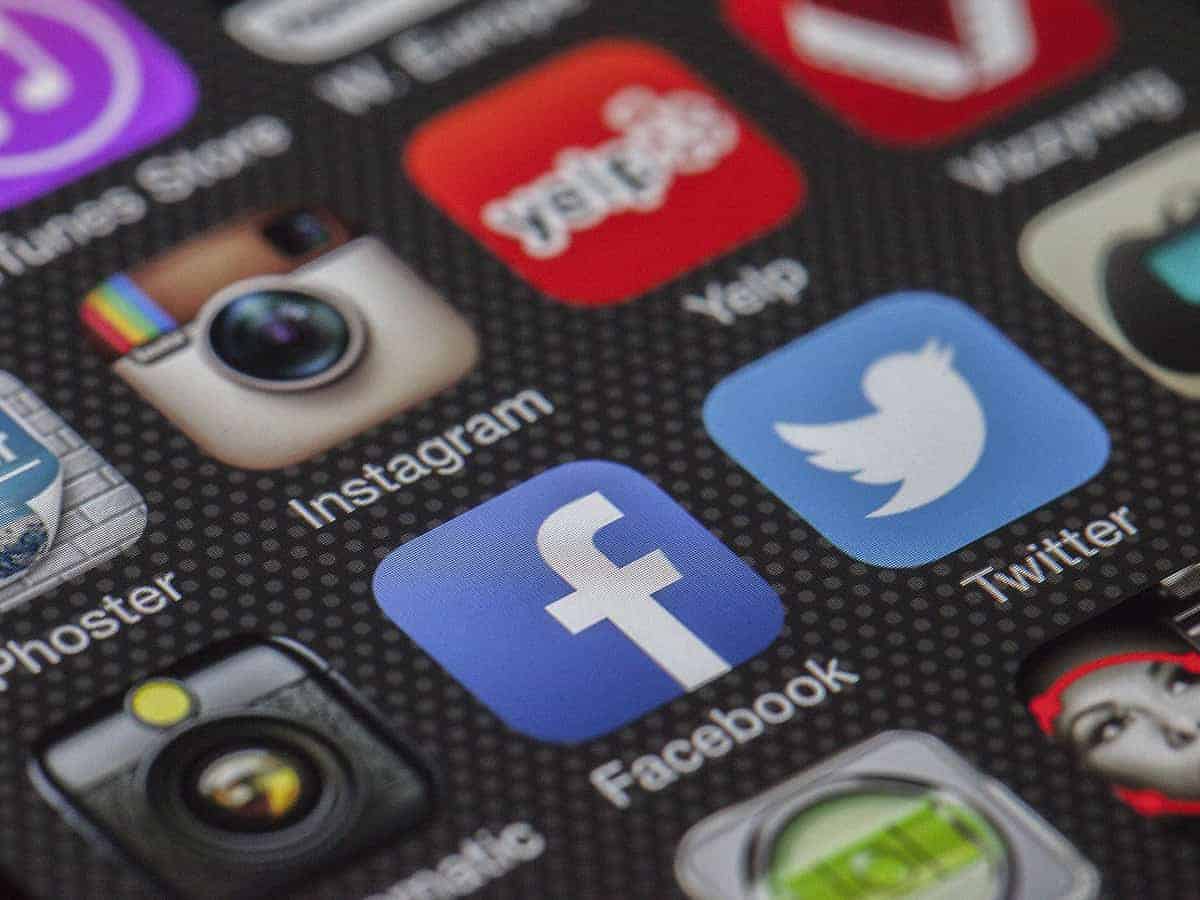Hyderabad: In a major change for internet laws that may undermine privacy, the deadline for significant social media intermediaries to comply with a host of obligations laid down by the government three months ago, ends today, May 25.
According to the internet freedom foundation (IFF), obligations were laid down for significant social media intermediaries under the Intermediaries and Digital Media rules to comply with. The deadline to complete such compliance was 3 months from the date of notification of rules i.e March 25.
The IFF says that significant social media intermediaries are onerous and may stifle innovation in the Indian digital space. “Social media is broken and the responsibility for this is shared by silicon valley companies that enable it,” said IFF and added that these rules are problematic, for in many places, rather than fixing it, they actually make it worse.
History
The Ministry of Electronics and Information Technology (MeitY) and the Ministry of Information and Broadcasting (MIB) issued the Information Technology (Intermediary Guidelines and Digital Media Ethics Code) Rules, on February 25, 2021. The IFF has called these rules unconstitutional, undemocratic and alleged that they negatively change the way we use the internet in India.
So far there has been high controversy on the rules with at least six writ petitions being filed before three different high courts of India, challenging these rules. IFF claims to have provided legal assistance to Livelaw Media private limited in its challenging before the high court of Kerala. The Hon’ble single judge of the Kerala High Court was pleased to provide protection to LiveLaw Media against coercive action from MIB and MeitY in respect of the Intermediaries Rules.
The social media platforms that users use are called social media intermediaries. Those that have more than 50 lakh registered users have been designated as ‘significant social media intermediaries’.
What are these “compliances”?
The timelines for takedowns have been reduced and social media platforms are bound to assist government agencies.
Previously in the 2011 rules, the grievance officer was responsible for receiving complaints from users concerning the rules and redressing them within a month. Now the grievance officer is responsible for acknowledging complaints within 24 hours and resolving them within a reduced timeline of 15 days.
The Grievance Officer has also been made responsible for the receipt and acknowledgment of any order, notice or direction.
Furthermore, under the 2011 Rules, intermediaries had to “act within 36 hours and where applicable, work with the user or owner of such information” to take it down. Under the new Intermediaries Rules, intermediaries must complete the takedown process under Section 79(3) of the IT Act, within 36 hours.
The 2011 Rules also did not specify a timeline within which intermediaries were required to provide information or assistance to law enforcement agencies. The Intermediary Rules have provided intermediaries with a 72-hour limit for providing such information or assistance.
The 2011 Rules did not specify any consequences upon the intermediaries for failing to comply with the provisions of the Rules, the consequence was relatively direct, they lost immunity!
The Intermediaries Rules, 2021 however, expressly state a loss of immunity and indicate a level of severity of consequences, including potential criminal prosecution under provisions of the IT Act and the Indian Penal Code.
Critics say that this is a major barrier for potential entrants into the sector, who may either not have the necessary resources to acquire the necessary legal capabilities to deal with such obligations or may be scared away by the threat of criminal prosecution.
“It will undermine social sharing and conversation functions in any user, community-centric technical environment,” IFF said.

